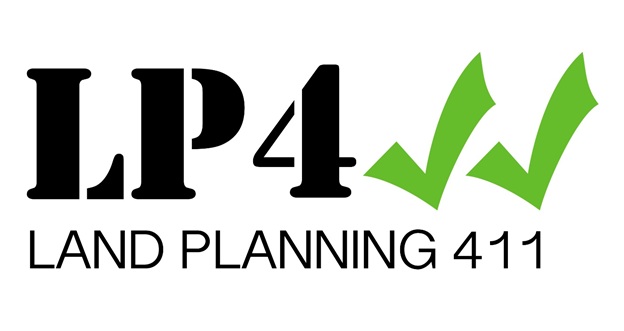What is CEQA?
CEQA, or the California Environmental Quality Act, is a statute that requires state and local agencies to identify the significant environmental impacts of their actions and to avoid or mitigate those impacts, if feasible.
When and why was it enacted?
The impetus for CEQA can be traced to the passage of the first federal environmental protection statute in 1969, the National Environmental Policy Act (NEPA). In response to this federal law, the California State Assembly created the Assembly Select Committee on Environmental Quality to study the possibility of supplementing NEPA through state law. This legislative committee, in 1970, issued a report entitled The Environmental Bill of Rights, which called for a California counterpart to NEPA. Later that same year, acting on the recommendations of the select committee, the legislature passed, and Governor Reagan signed, the CEQA statute.
Who must comply with CEQA?
CEQA applies to certain activities of state and local public agencies. A public agency must comply with CEQA when it undertakes an activity defined by CEQA as a "project… (click to read page on site cited)” – California Natural Resources Agency
CEQA is a complex area of land use planning because it involves environmental law and various city, state, and federal agencies being part of proposed residential housing developments in California.
Land Planning 411 in order to keep this post readable without being War and Peace, the topic of CEQA is very legal and wordy in layman’s terms.
So, we found a little YouTube video online which explains best in the area we were interested, CEQA and housing development.
https://www.youtube.com/watch?time_continue=4&v=A6U54ff3cp4
Thanks for reading and viewing, Land Planning 411

